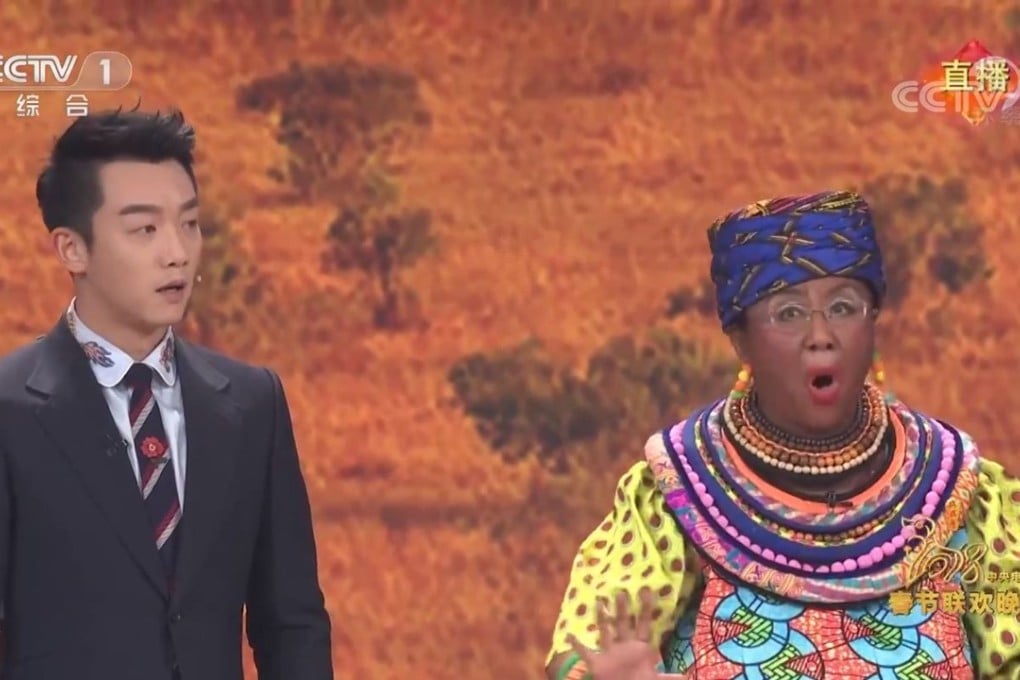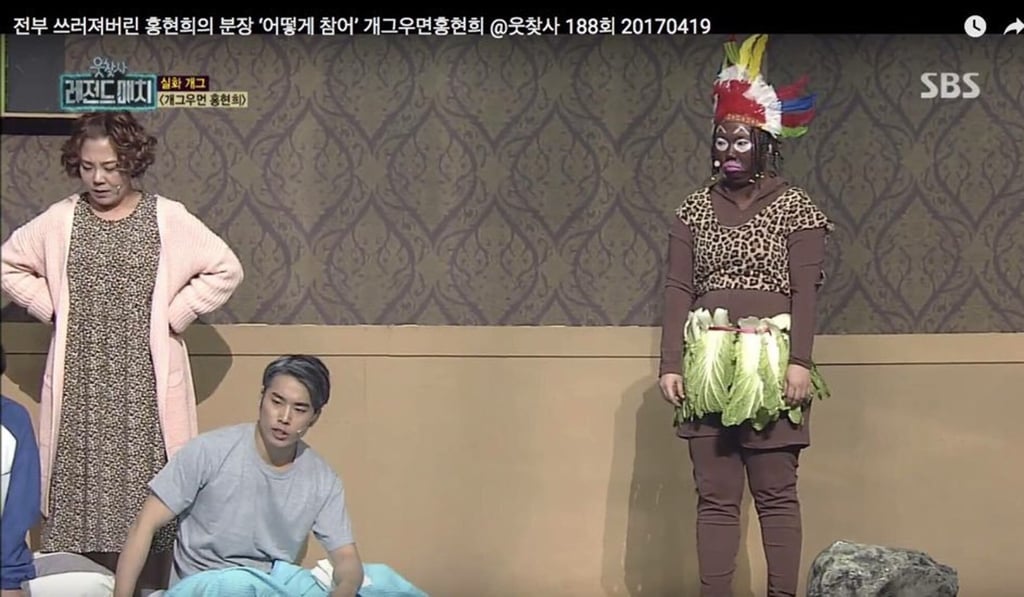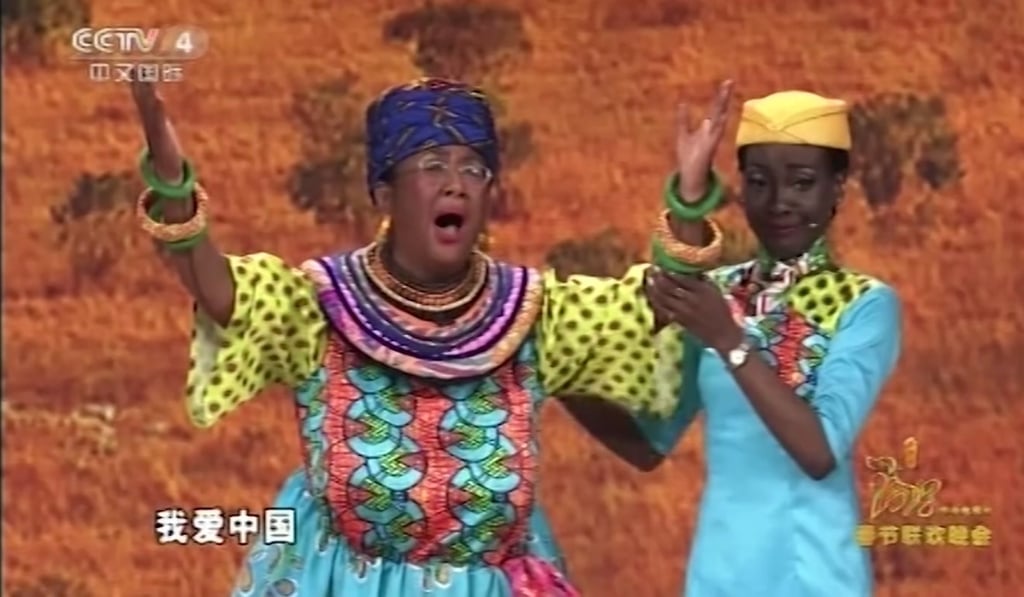Asian hip hop: an homage to a genre or cultural appropriation driven by racism or ignorance?
The proliferation of Asian hip hop stars wearing ‘urban’ clothing could be a symptom of Asia’s lack of sensitivity toward other cultures. Or are they just dressing up and emulating their musical heroes?

Over the past year, China, Japan and South Korea have all had their own instances of blackface on national TV. During a televised Chinese New Year national gala in February, a Chinese actress appeared in blackface during a skit where she played an African villager. In Japan, during a 2018 New Year’s Eve countdown special, an actor appeared in blackface as African-American comedian Eddie Murphy.

It’s quite bizarre to be seeing this, given the widespread popularity and increasing prominence of hip hop and African-American culture in Asia.
K-beauty: the ugly face of South Korea’s obsession with women looking forever flawless
Over the past decade, the emergence of hip-hop culture in East Asia has led to the rise of a new group of entertainers and influencers. With stars such as Chinese social media influencer Jin Jun, best known for his baby dreadlocks, former EXO boybander and Rap of China judge, Kris Wu, whose catchphrase on the show was “You got a freestyle?”, and South Korean K-pop star RM from BTS, underground trap rapper Keith Ape, and Tokyo-based rapper KOHH, hip hop has exploded into mainstream popularity.

Hip hop began as an underground subculture in the late 1970s in the Bronx in New York City. While the genre has since spread to become a global movement, in Asia, it is most notably led by the South Korean K-pop industry, where urban and hip hop-influenced acts like Big Bang, CL, and TV shows like Unpretty Rapstar have proven popular over the past few years.
But while hip hop and African-American culture influence lifestyle trends in East Asia, there is little actual understanding of identity and culture.
